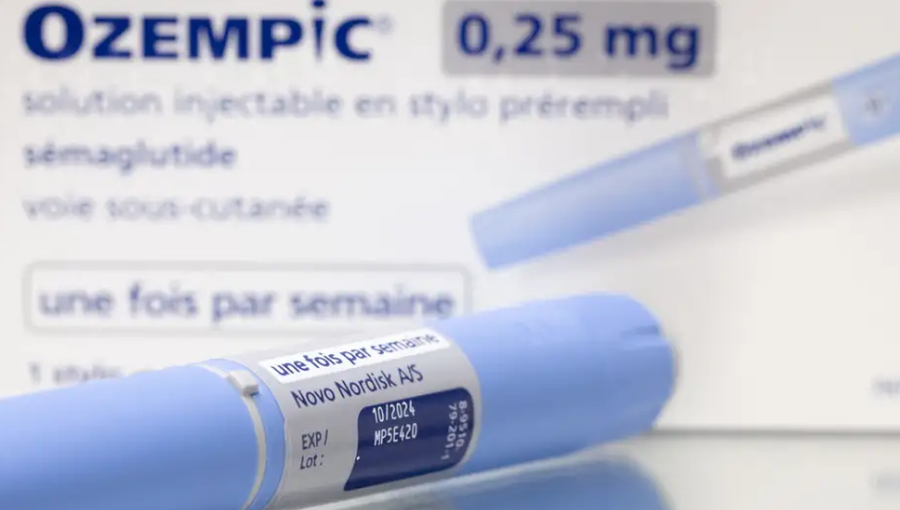
Major fraud in the German healthcare system is being uncovered. Another pattern of professional fraud is the creation of so-called shell companies.
Ozempic, originally a diabetes drug, is making a big splash after the trend started in Hollywood. An Ozempic weight loss syringe costs between 80 and 217 euros, depending on the dose. But criminal networks in Germany are also trying to profit by forging paper prescriptions to then resell the syringes. Health insurance companies pay for these drugs. Just one of many examples that shows how legitimate health insurance companies are being deceived in this country.
Major frauds in the field of healthcare
In total, health insurance companies detected fraud worth 200 million euros in 2022 and 2023, which is seen as the highest amount since statistics were kept in 2008, according to the current report of the National Health Insurance Association that was published on Friday, GKV (28.03.). According to it, criminals are increasingly managing to reimburse fake prescriptions for expensive medications. In addition to Ozempic, prescriptions are also submitted to pharmacies and billed for painkillers such as Tilidine and Fentanyl at the expense of health insurance companies. But if the fraud is detected, health insurance companies also demand compensation from pharmacies that have not detected the falsified prescriptions.
The report is based on information from 94 insurance companies that are members of the National Association and individuals who have reported cases and who work in the healthcare sector. In total, around 50,000 reports were reported during the reporting period. This is an increase of more than 20 percent compared to the previous reporting period 2021/2020.
But almost half of all reports related to violations in the field of healthcare. Service providers are said to have cheated on the time dedicated to training and to have placed more services than were actually provided. The GKV also cites forged professional certificates and patient signatures as typical examples of fraud in this industry.
Fictitious companies
According to the GKV, another pattern of professional fraud is becoming increasingly apparent: the creation of so-called shell companies. According to research by the German public broadcaster rbb, uninformed people with certain illnesses and addictions from Eastern Europe are often appointed as managing directors of these companies. But the companies only exist on paper or as letterboxes. Through these fake companies, people register with health insurance companies and where they can receive social benefits in Germany. These are often people who are not employed by the companies. Their pay slips, salary payments and employment contracts are manipulated or falsified./ DW (A2 Televizion)











